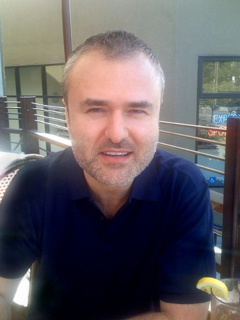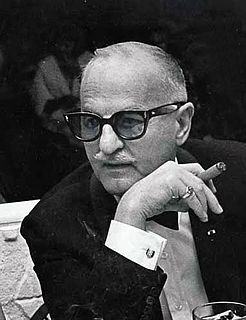A Quote by Howard Rheingold
Some critics argue that a tsunami of hogwash has already rendered the Web useless. I disagree. We are indeed inundated by online noise pollution, but the problem is soluble.
Related Quotes
There will be this mix of people like me who write for major national newspapers and amateur critics, practitioner critics, whose primary way of distributing what they talk about is through blogs and on the web. The line between professional and amateur criticism will become increasingly blurred. The problem here is that if you want to do this for a living, you have to be able to earn a living doing it.
Ye whose clay-cold heads and luke-warm hearts can argue down or mask your passions--tell me, what trespass is it that man should have them?... If nature has so wove her web of kindness, that some threads of love and desire are entangled with the piece--must the whole web be rent in drawing them out?
Noise pollution is basically defined as the presence of simple information that makes it impossible to hear all the other more delicate - and often more important - information. Noise pollution creates, if you will, dumb environments. Our industrial areas, many of our downtown urban areas, are dumb acoustic environments. Very simple, very loud, often unhealthy.
The open web is full of spam, shady operators, and blatant falsehoods. Outside of a relatively small percentage of high quality sites, most of the web is chock full of popup ads and other interruptive come-ons. It's nearly impossible to find signal in that noise, and the web is in danger of being overrun by all that crap.



































